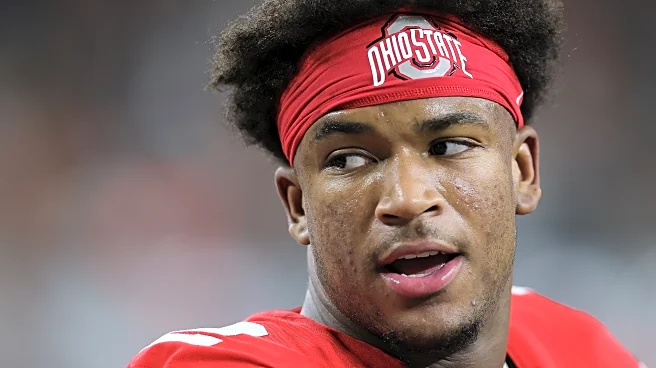What's Happening?
The Sierra Club has terminated its executive director, Ben Jealous, who was the organization's first Black leader. This decision has ignited discussions about racial equity within the environmental sector, as Jealous' tenure was marked by scrutiny over management practices and allegations of racism. The dismissal comes amid broader societal shifts, including the Trump administration's rollback of diversity initiatives. Jealous' leadership faced challenges such as budget issues and cultural turmoil, leading to no-confidence votes from staff and volunteers. The situation has prompted reactions from various stakeholders, including former board members and civil rights leaders, who have raised concerns about racial implications.
Why It's Important?
The firing of Ben Jealous highlights ongoing challenges in achieving racial equity within the environmental movement and philanthropy at large. It underscores the complexities faced by leaders of color in navigating organizational dynamics and societal expectations. The case serves as a reminder of the need for philanthropy to reflect on its role in supporting diverse leadership and addressing systemic biases. The reactions to Jealous' dismissal may influence future hiring practices and funding decisions within the sector, as organizations strive to balance diversity goals with operational effectiveness.
Beyond the Headlines
The Sierra Club's decision to terminate Jealous could have broader implications for the environmental movement's efforts to diversify leadership. It raises questions about the treatment of leaders of color and the challenges they face in predominantly white organizations. The case may prompt philanthropic entities to reevaluate their commitments to diversity and inclusion, considering the symbolic significance of such leadership changes. As the sector continues to evolve, there is an opportunity to learn from these complexities and foster a more inclusive and equitable movement.









